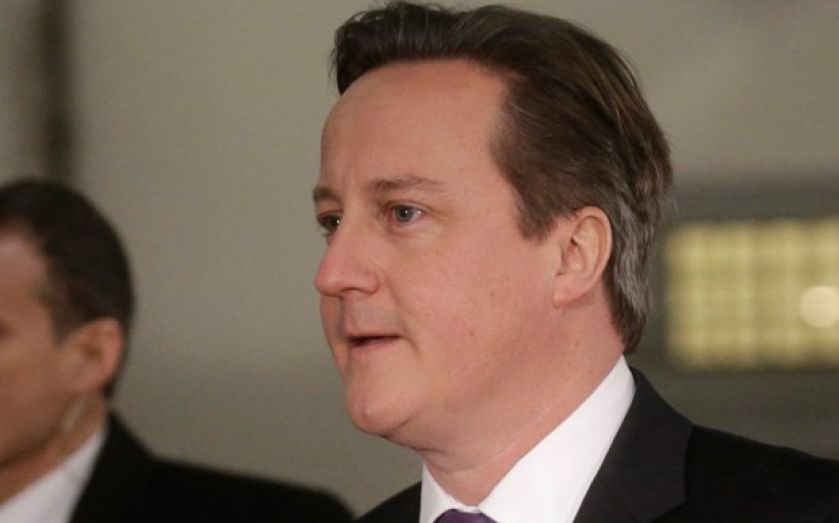Britain needs safeguards on ever-closer union – or we’ll sleepwalk into EU exit

DAVID Cameron has been engaged in a valiant, some might say vainglorious, charge to set clearer parameters for the future development of the European project – only to find that those who pay the piper call the tune. The paymaster of Europe is undoubtedly Germany, and recent events have demonstrated that it is indeed Germany that calls the tune.
The member states who were eagerly encouraged to join the EU in the final decades of the last century, those countries that Whitehall told us would certainly be our allies in a reformist EU agenda, are now dancing to a different tune. “Et tu, Poland?” might be a phrase that has recently crossed the Prime Minister’s mind.
Where does all this leave British businesses, who have supported the Prime Minister’s reform calls by significant margins?
The high-profile spat around Jean-Claude Juncker’s nomination as the next European Commission president has left the business community wondering whether a reform agenda that addresses the UK’s needs can actually garner any real support in Europe. Business confidence that a better deal can be secured for Britain is beginning to weaken.
Businesses are also wondering aloud whether Whitehall really understands how to get things done in Brussels. If the mandarins and party wonks do get it, wry voices in business are asking whether they are really trying to achieve the Prime Minister’s goal of EU reform at all, or whether they are doing their best to avoid rocking the Brussels boat.
There is no doubt that the prospects for UK business and for trade would be improved markedly if substantive EU reform were to take place. If the free trade in goods in the EU were to be improved, breaking down the cultural and technical barriers that continue to inhibit the Single Market, then opportunities for our companies would increase. If a Single Market in services and e-commerce were to be created in reality – rather than just on paper – this would offer huge potential for an economy such as the UK, where so much of our business excellence is in professional and exportable services.
Further, measures such as these would undoubtedly boost the economic prospects of the EU as a whole, and help to reverse the long-term relative economic decline that Europe currently faces. Growth across Europe would release the UK from the prospect of being tied to the mast of a sinking ship.
Yet the completion of the Single Market, no matter how huge an opportunity, is not the most important element of any negotiations the Prime Minister undertakes with the UK’s European partners.
The one thing the Prime Minister must achieve is the safeguarding of decision-making for the future. There is no regulatory reform, no trade agreement, no repatriation of power that is as important to our national economic interest as keeping Britain out of the tangle of “ever-closer union” that the Eurozone must inevitably now pursue.
If Britain is marginalised following the Juncker debate, Eurozone integration is a much more fundamental challenge to Britain than any piecemeal reform of existing EU laws. Without safeguards, Britain would find itself hamstrung by rules and institutions it never wanted in the first place.
People often speak of how, if Britain were to exit the EU, it would end up in the invidious position of having to abide by the rules but with no say in the formulation of those rules. This is said to be the position that Norway finds itself in, as part of the European Economic Area but not the EU. The irony is that if, in five to ten years’ time, the UK remains in the EU but all the decisions are made in the Eurozone, then Britain would effectively be in the same position as Norway – with the added disadvantage of constant rancour with its European partners.
At that point, the UK would really have only two credible choices: either join the Eurozone, an option overwhelmingly rejected by our business community, or to exit the EU altogether – an option similarly rejected by a substantial majority of British businesses.
For this reason, it is vital that our Prime Minister and any future government focus their attention on safeguards for Britain in EU decision-making. Safeguards for the future must be the number one priority in any renegotiation, or the path for the UK will be inexorably to the exit, with the only question being how long it will take.
Right now, our political classes are in danger of sleepwalking to the exit with their eyes open. They need to change tack on EU reform before it is too late.
John Longworth is director general of the British Chambers of Commerce.